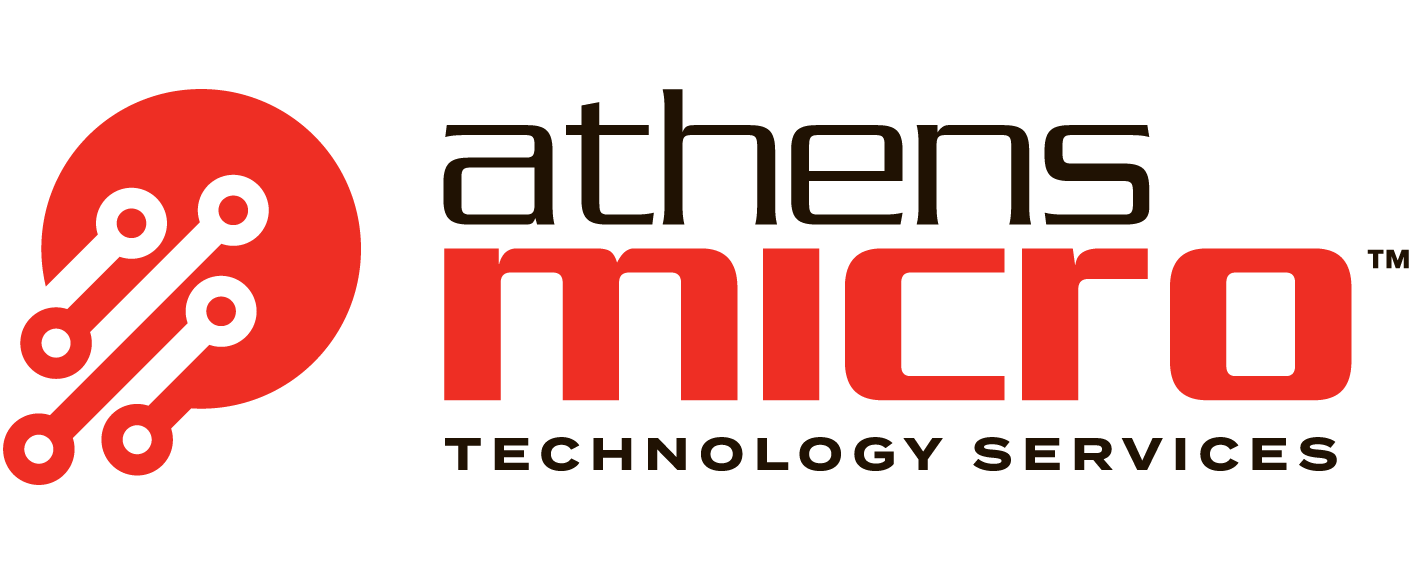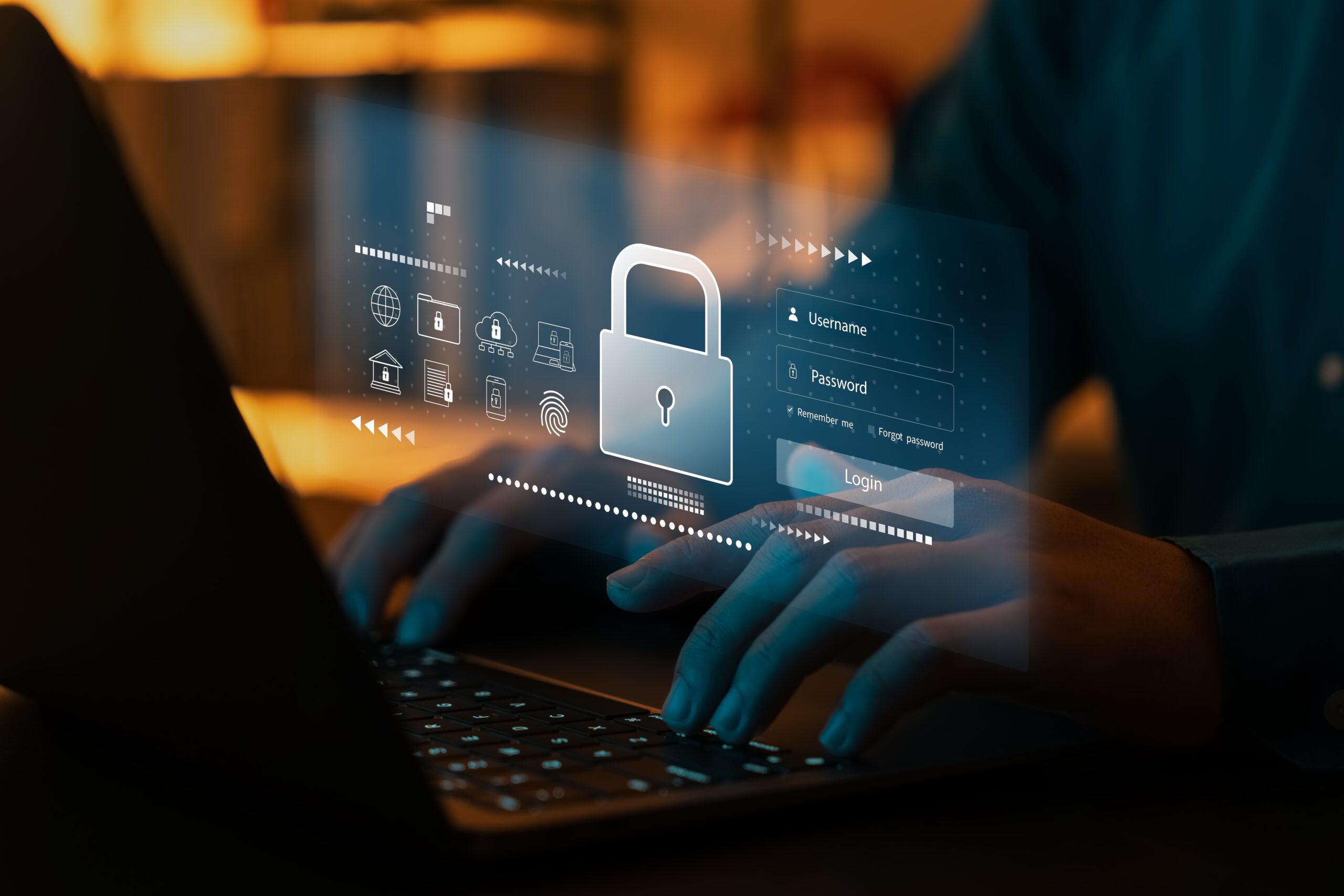“It only takes one click to bring your entire business to a halt.”
That’s not fearmongering — it’s today’s reality. With remote work now the norm, your team’s kitchen tables and coffee shops have become your company’s frontlines. And cybercriminals know it. Phishing scams, ransomware, unsecured Wi-Fi — they’re all circling, waiting for a crack in your defenses.
As companies embrace remote work, they face a new challenge: how to secure a dispersed workforce against increasingly sophisticated cyber threats. From startups to established enterprises, no one is immune.
Athens Micro has been guiding businesses through this minefield for decades. As a leading IT support company, we help organizations across industries navigate cybersecurity challenges with confidence. Our team of IT consultants and computer consultants specialize in small business IT support, hospitality IT solutions, and managed IT services — making sure your people stay protected, wherever they are.
This blog delivers seven practical strategies to help secure your remote teams, ensuring your business stays resilient and competitive in today’s digital world.
1. Equip Employees with Secure Devices
Provide Company-Issued Hardware
Relying on personal devices invites risk. Ensure employees use company-approved laptops and smartphones with preloaded security software. Managed endpoints help IT teams control updates, access, and usage.
Use Endpoint Management Tools
Deploy centralized tools to monitor, patch, and control devices remotely. This allows IT teams to lock down lost devices or wipe data in case of theft, protecting sensitive company information.
2. Strengthen Network Security
Set Up a VPN (Virtual Private Network)
A VPN creates an encrypted tunnel between your employees and the company network, shielding data from prying eyes on public Wi-Fi. Without it, remote teams are sitting ducks for cyber snoops.
Secure Home Routers
Encourage employees to update router firmware, change default passwords, and enable WPA3 encryption. Consider providing a checklist or even hospitality IT services–style remote support to help non-technical staff.
3. Implement Strong Access Controls
Adopt Multi-Factor Authentication (MFA)
MFA adds an extra layer of security beyond passwords. A stolen credential alone won’t give hackers entry when access requires an additional factor like a mobile code or biometric.
Enforce Role-Based Access
Not everyone needs access to everything. Restrict system access based on roles and responsibilities, reducing exposure if an account is compromised.
4. Train Employees in Cyber Hygiene
Run Regular Security Awareness Training
Employees are your first line of defense. Teach them to recognize phishing emails, avoid suspicious links, and report red flags. Healthcare IT consulting firms and hospitality IT consultants know this firsthand — human error often opens the door.
Test with Simulated Attacks
Deploy phishing simulations and track results to identify where your team needs extra support. Learning from near-misses is a lot less painful than cleaning up a breach.
5. Use Cloud Services with Built-in Security
Adopt Trusted Cloud Providers
Leverage cloud services that come with advanced security features, like encryption, access logs, and automatic backups. Look for solutions tailored to managed IT services for small businesses.
Enable Automatic Backups
Cloud backups protect your data from ransomware and accidental loss. Make sure they run regularly and test recovery processes — don’t wait for a crisis to find out they fail.
6. Monitor Systems 24/7
Deploy Managed Security Services
A managed IT services partner can monitor your systems around the clock, detecting unusual activity before it turns into a disaster. This is especially crucial for industries like healthcare and hospitality.
Conduct Regular Security Audits
Stay proactive by reviewing logs, running vulnerability scans, and closing gaps before attackers find them. Lean on your IT consultants to guide this process.
7. Build an Incident Response Plan
Create a Step-by-Step Playbook
When a breach happens, time is critical. Outline clear roles, communication plans, and recovery steps. A solid plan limits damage and accelerates recovery.
Test and Refine Regularly
Run tabletop exercises to stress-test your plan. Update it based on lessons learned and evolving threats. Your IT consultant or computer consultant can help tailor it to your unique needs.
Conclusion
Securing a remote workforce isn’t just about technology — it’s about building a culture of security. By combining smart tools, strong policies, and empowered employees, you protect your business from the inside out.
Athens Micro
At Athens Micro, we know the stakes are high. As your trusted IT support company, we deliver tailored managed IT services, hospitality IT solutions, and healthcare IT consulting that keep your remote teams secure and productive.
Ready to take control of your cybersecurity? Contact us today to schedule a free consultation and discover how we can help safeguard your business.

